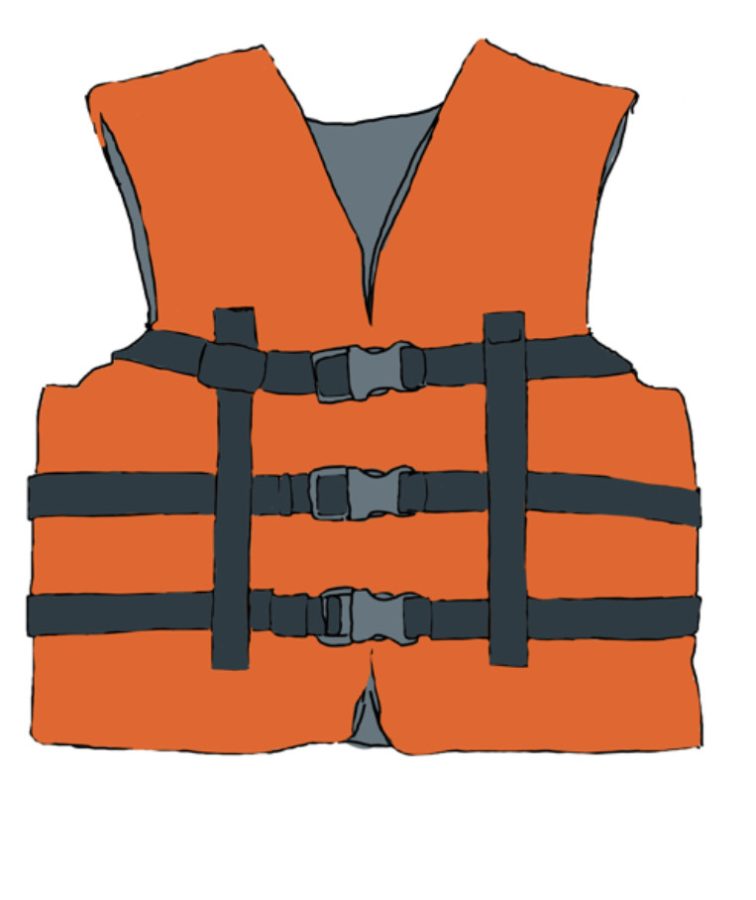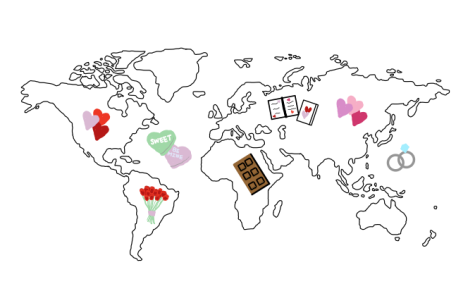Waters rising down under
Hundreds left homeless, farmlands destroyed, wildlife in danger and homes damaged beyond repair. All these hardships are not caused by war, but by nature. In Australia, death tolls are rising, and more and more people are forced to evacuate their homes as the greatest flooding in the country’s history continues.
The entire country is affected by the torrential rains and hail storms, but the southeast region has experienced the most loss. These areas, mainly Queensland and New South Wales (NSW), are feeling the largest effects from the flooding on the northern coast. After a little over a week, the current death toll stands at seventeen people and, unfortunately, a larger number of wild animals and livestock. In Lismore, a town in NSW, four people were found dead after being trapped in their homes by the floods or carried away by the flood waters. Several members of the community are still missing. The damage created by the flooding and hail storms has left the community reeling. It is estimated that repairs could take months or even years to complete at this point. Statistics have recorded that more than 700 millimeters of rain fell in just 30 hours on one of the worst flooding days. This forced the 43 thousand residents in the city to flee to their roofs and wait for emergency services to come and save them on boats and rafts. Data shows that more than a year’s average of rain fell in the course of one week.
Not only have the people living in these Australian communities struggled, but livestock and pets also have been lost in the flooding. Dogs, cats, cows, ducks and even llamas have gone missing since the weather conditions became violent. Farmers and families are mourning the losses of their animals and searching distant towns looking for them. Communities, though, have banded together to rescue these animals and return them to their homes.
The main problem Australians are encountering in this horrific situation is that the flooding has not stopped for several days. This prevents relief organizations from beginning repairs and fully staging rescue missions. The government, local citizens and international groups have all tried ways of providing relief in this difficult situation.
The government has provided aid to its citizens, though many have expressed their criticism of these efforts. Government officials have replied that the troops they have deployed to help the struggling and homeless citizens has been effective and adequate. Some citizens have said that the government should provide more aid, including more relief and food shelters as well as more rescue teams.
International relief organizations have been slow to respond to the growing crisis following world events. As much of the world’s emergency response and rescue programs have traveled to Europe to help those involved in and affected by the Ukrainian-Russian war. This has left the people of Australia to rely on their own government and their communities for help.
“The Australian citizens probably feel unseen because of the lack of global awareness of the flooding, as they are suffering so much only to go unnoticed due to lack of international aid,” said sophomore Clare McDonough.
Most towns and cities have come together to help out their neighbors in any way possible. Rescue teams work twenty-four hour days, searching for residents stranded or trapped in their homes. Dozens of elderly people are trapped in their homes and have to be pulled out of rafts through their windows. The rescuers have provided these people with dinghies and boogie boards used to pull them to safety. In some of the most affected communities like Tumbulgum in NSW, emergency responders distribute supplies on their jet skis. Even famous Australian surfers Mick Fanning and Joel Parkinson have aided in the effort to provide shelter and supplies to the now thousands of homeless citizens.
As the people and towns in Australia continue to struggle with this violent water weather as well as those in conflict around the world, it is important to stay aware of world developments and do as much as possible to help those in need. Whether this means donating money, food, clothing, or including those suffering in prayer, world news affects everyone.
Your donation will support the student journalists of Saint Viator High School. Your contribution will allow us to purchase equipment and cover our annual website hosting costs.








